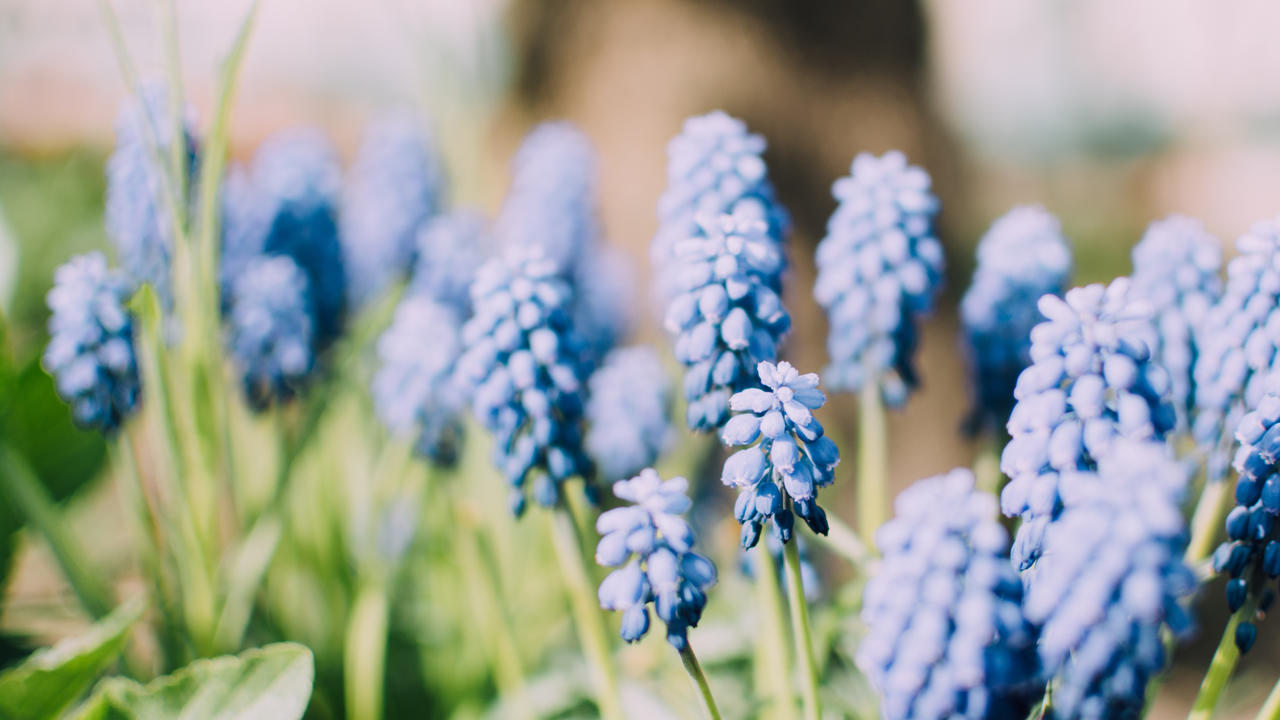Blog
How are your New Year Resolutions going?

Did you make New Year Resolutions this year? How are they going?
If you are like most people, you made some resolutions (that you have made before) and are already beginning to fall behind. Statistics show that less than 10% of people who make New Year Resolutions end of keeping them for the duration of the year with most people failing to keep their resolutions within the first quarter of the year.
Does this mean that we should just give up and not work at becoming better or achieving progress in various areas of our lives?
Not at all.
We just need to rethink how we are going about it. In other words we need to set ourselves up for success so that we have the best chance of achieving what we are working towards.
As a first step we need to move from making resolutions to setting goals. What's the difference, you ask?
A goal has is a clearly defined target while a resolution is just a hopeful change that requires no plan. We can resolve in our minds to make improvements, but until a...
What were the biggest lessons learnt this year?

Did you get a chance to 'clean up' unmet goals and commitments over the weekend?
As we continue with our end of year review, let us reflect on the life lessons that this year has taught us.
It is important to reflect on lessons learnt, because it has been said that those who don't learn from their past are doomed to repeat it.
So what are some of the lessons you have learnt this year?
While you are writing them down, it is a good idea to write them in short positively worded statements such as:
1) I learnt that if I keep taking small consistent steps towards a goal, they really add up
2) I learnt that it REALLY pays off to bite my tongue when I want to be right
3) I learnt that God always sends a sign when I need it the most. I need to be clear in asking for it, though!
Do you feel like sharing some of your life lessons from this year? I would love to hear them!
What needs to be cleaned up?

As we continue with end of year reflections, let us tackle some more challenging questions:
What are some goals that you did not meet?
Commitments you did not end up keeping to yourself?
Commitments that you did not end up keeping to others?
People that you need to apologize to? (hard one, this!)
The end of year is an excellent time to review what did not end up happening this year. Declare it not done, and either recommit or let it go.
It is not a good idea to ignore it or carry it forward to next year because it is sapping your unconscious energy.
A fresh start requires that we are intentional about endings as well.
Check your assumptions!

Human beings are meaning making machines. We often take 2 + 2 and make it 22, filling in all the missing numbers in our head.
Making assumptions, or mindreading as it is also called, is not always a problem. When I am grocery shopping for example, I will often pick up things that I assume my family will like.
Other times, however, when we make assumptions about what someone is thinking, why they are doing what they are doing or what they are thinking, we need to remind ourselves that it is very possible that our assumptions are wrong.
The only way to know for sure if our assumptions about someones behaviour or thinking is to check them out.
How? Just ask!
"why did you . . ."
"why didn't you . . ."
"am I right in thinking that . . ."
"would love to know your thoughts"
"how do you see this"
"am I right in thinking . . ."
"help me understand . . ."
This week just begin to notice how many times you are assuming what is the motive behind someone's action. And then check your assumptions. You ...
Perfection versus excellence

Let us talk about excellence. Excellence is "the quality of being outstanding or extremely good". Not perfect. Just "extremely good".
Compared to perfection, which can only be achieved in the final outcome, excellence is something that we can choose to practice moment by moment.
The standard of excellence empowers us to keep giving our best. It is focused on effort rather than outcome. On the process rather than the outcome. We could give it our best and achieve an excellent result, even though it is far from perfect.
This is why I call myself a recovering perfectionist. Each time the 'perfection monster' whispers in my ear: "You did not do that perfectly" or "That could have been much better", I remind myself how perfect is the enemy of good. And how done is better than perfect.
It is the only way to move forward, really.
How about you? Are you ready to try practicing excellence rather than pursuing perfection?
Are you pursuing perfection?

The pursuit of perfection is one of those concepts that can keep us stuck and feeling disheartened in many areas of our life. We aim to be the perfect parent, the perfect spouse and the perfect human being.
The dictionary definition of perfect is: without fault, faultless, flawless.
Since deep down many of us believe that human beings cannot be perfect, we are chasing a goal that is, by definition, impossible. Not very smart, is it?
When we set our goal as being perfect, we are in a sense setting ourselves up for failure. Anything less than the achievement of perfection is by definition not success.
The pursuit of perfection means that our eyes are only on the outcome, on the final result. The steps we take to get there and what we achieve on the way really do not matter until we have achieved perfection.
It is no wonder that so many of us end up feeling disheartened. What is the point? We tell ourselves, why bother to do anything if we cannot be perfect?
How about exploring a sligh...
Your human tool box

Once your pause button is activated, it is time to delve into your human tool box and see which of the following tools you can use to respond rather than react:
Willpower: this is the ability to stop yourself. Sometimes we tell ourselves we 'cannot' stop ourselves. Not true. We all have willpower and can strengthen it with practice.
Conscience: we have an inbuilt GPS system that guides us regarding our deepest values. It does this by making us feel good when we act in accordance with our values and nags us when we go against them.
Imagination: we have the ability to imagine ourselves doing something other than what we habitually do. Imagination is a powerful ally in helping us move in the direction that we want.
Imagination also allows us to predict the future outcome of our present actions.
So how sharp are your tools?
Which will you use today to help you respond rather than react?
Your internal pause button

A powerful way to practice pausing is to intentionally activate your internal pause button.
As human beings we have the ability to stop ourselves before reacting by 'pressing our pause button'.
People use various ways to activate their pause button:
- By imagining reaching for a remote control and pressing pause
- By imagining that there is a pause button on some part of your body and pressing it with your hand to remind yourself to pause rather than react
- By imagining that you are slowing or freezing time
When learning to pause, it is an excellent idea to be intentional about creating and activating your own personal pause button. The more concrete it is in your mind, the easier it is to activate when you need it.
So go ahead.
Where is your pause button? Practice using it in conversation and in your daily interactions. Even when you think you don't need to.
The more you practice when you are not really triggered, the easier it will be to use when you do need it.
Learning to pause

If we can pause for just a moment and respond with intention rather than through automatic reaction, our lives would be quite different, don't you think?
Learning to pause takes some practice – the more habituated we become to reacting, the easier and more automatic the reaction is and the greater the need to interrupt this pattern.
The first step in learning to pause is to recognize the trigger/s that cause us to react.
Recognizing the trigger means to tune into bodily sensations that signal stress or upset. These signals are always present moments before we react. They are present in the form of 'knots in the stomach', clenched fists, tight muscles, a headache, fluttering in the heart or stomach, perspiration or some other sensation.
It takes practice to connect these bodily signals to what is happening outside of us and recognize them as a warning sign that we are about to (over) react.
Here is an example:
The phone rings, and it is your mother/mother in law. There is a tiny, al...
Are you free?

Do you ever react to something or someone in the moment and later regret what you said or did? Me too!
For those of us who are highly emotional or reactive, it can sometimes seem like reacting in a certain way to circumstances or to people has become automatic, a habit that we are not able to control. It is almost as if we are locked into a pattern, unable to change it.
But conscious living requires us to realize that:
"Between stimulus (what happens to us) and response (what we do in response to what happens to us) there is a space. In that space is our power to choose our response. In our response lies our growth and our freedom." Victor Frankl
Over the next few days, let us explore this "space" where we can choose our response. Why is this important? Because the ability to choose our response is what makes us human. That's why!
In his book Man's Search for Meaning, Victor Frankl wrote that "everything can be taken from a man but one thing: the last of the human freedoms—to choose ...
